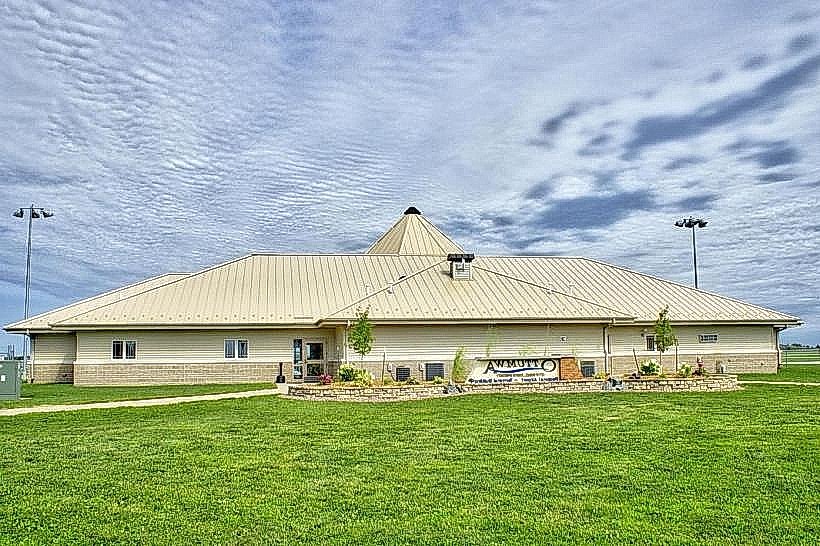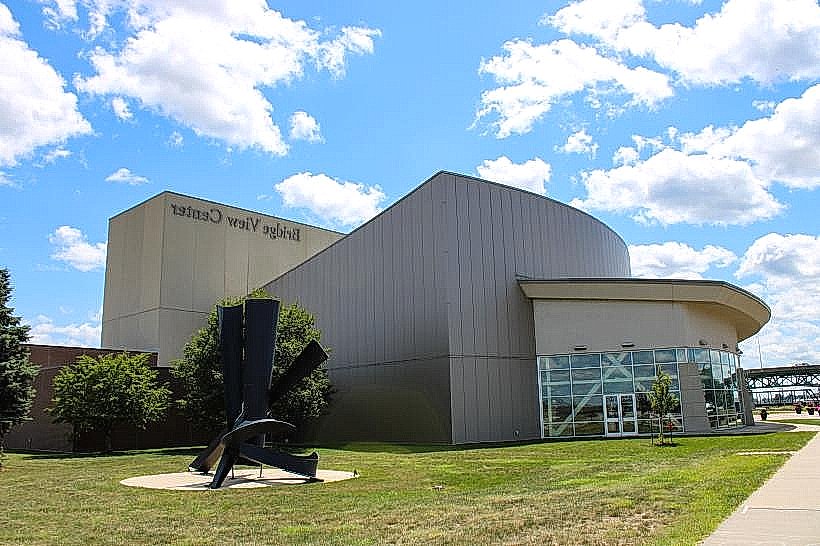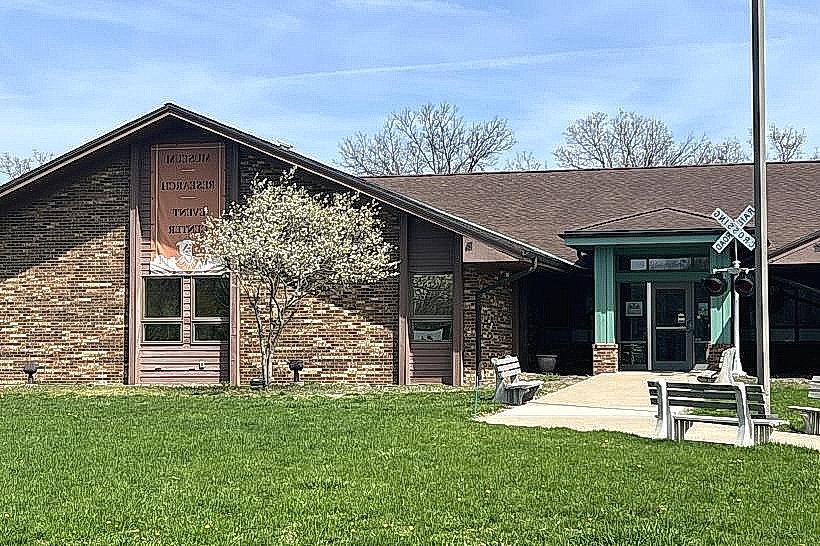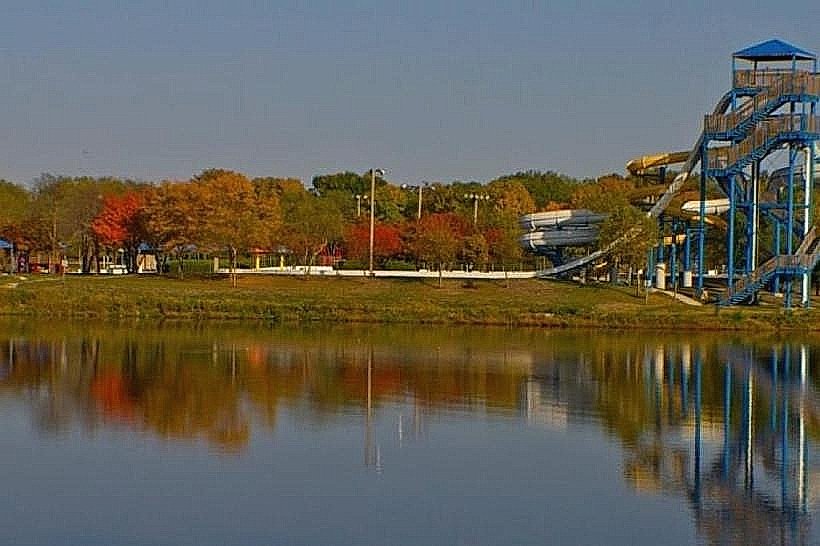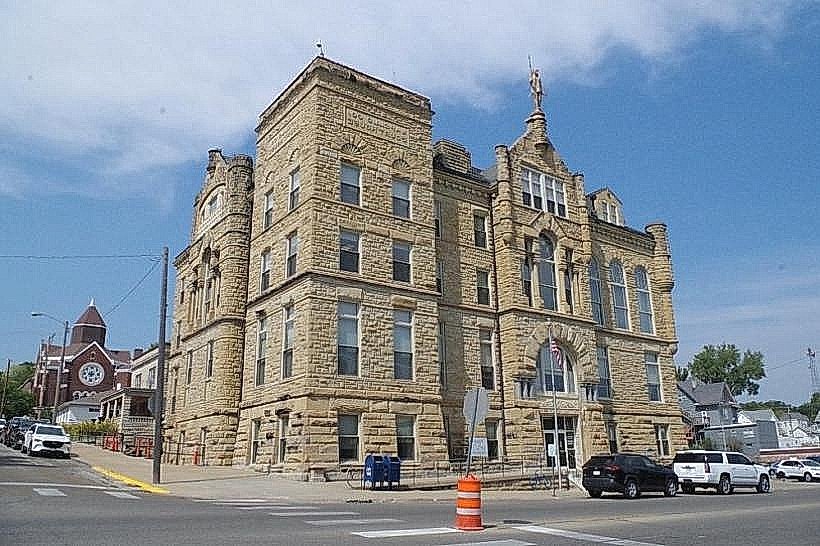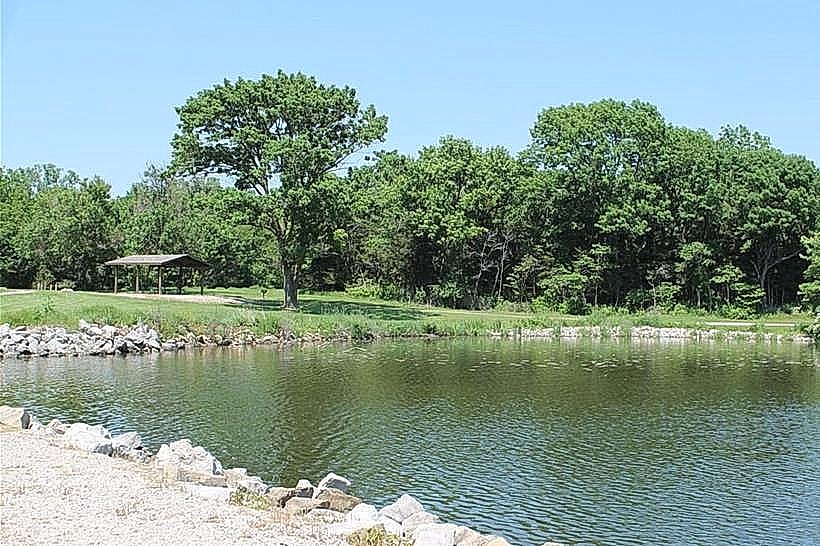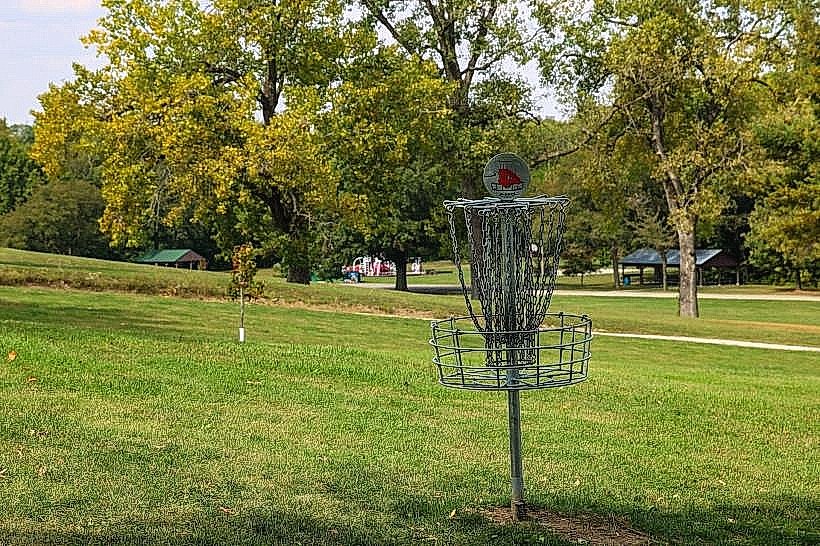Information
City: OttumwaCountry: USA Iowa
Continent: North America
Ottumwa, USA Iowa, North America
Ottumwa is the administrative seat of Wapello County and serves as a regional manufacturing and commercial hub for Southeast Iowa. It is bisected by the Des Moines River and is located approximately 140 kilometers southeast of Des Moines.
Historical Timeline
The city was platted in 1844 and officially incorporated in 1851. It experienced rapid industrial growth during the late 19th century as a center for coal mining and meatpacking, specifically the John Morrell plant. The most significant architectural and infrastructure reconstruction occurred following the catastrophic flood of 1947, which led to the relocation of the main rail lines and the channelization of the Des Moines River. The primary event shaping the current urban form was the massive river-straightening project completed in the mid-1950s, which reclaimed land for the current downtown and Highway 34 corridor.
Demographics & Population
The total population within city limits is 25,529. The top three demographics are White (72.6%), Hispanic or Latino (18.1%), and Black or African American (4.2%), with a notable Micronesian community (approx. 3%). The median age of the population is 35.5 years.
Urban Layout & Key Districts
The city is organized into North and South sides, separated by the Des Moines River. The Downtown (North Bank) is the historic civic and commercial core; the South Side (South Bank) is primarily residential with expanding retail pockets; the Quincy Avenue/Richmond Avenue Corridor (West) serves as the primary modern retail and hospitality district.
Top City Landmarks
Wapello County Courthouse (Romanesque Revival)
Hotel Ottumwa
Airpower Museum (located at the Antique Airfield)
Indian Hills Community College Campus
Transportation Network
Movement within the city is serviced by the Ottumwa Transit Authority (OTA), which operates fixed bus routes on weekdays and Saturdays. There is no metro or tram. Amtrak’s California Zephyr provides daily rail service at the Ottumwa station. Ride-sharing via Uber and Lyft is available but with low frequency. Official taxis are provided by local private operators. Traffic density is low, though the bridges (Market St. and Jefferson St.) are primary bottlenecks during peak hours.
Safety & "Red Zones"
The general safety level is moderate. Neighborhoods in the "Central Addition" and specific blocks on the South Side near the river report higher rates of property crime and narcotics activity. Travelers should exercise caution in city parks after dark. Common scams are negligible, primarily limited to digital phishing.
Digital & Financial Infrastructure
Average internet speed is 150 Mbps, with fiber optic services provided by Mediacom and national carriers. Main mobile carriers are Verizon, UScellular, and T-Mobile. Card acceptance is high at nearly all establishments. ATMs are widely available at local bank branches and Casey's or Kwik Star convenience stores.
Climate & Air Quality
Temperatures range from -11°C to -1°C in winter (January) and 19°C to 30°C in summer (July). Specific weather risks include high humidity in July and August and significant snow/ice accumulation from December through March. Air quality is generally high, though localized agricultural and industrial odors may occur.
Culture & Social Norms
The standard tipping rate is 15-20% for service. Greetings are informal, typically a handshake or verbal greeting. Dress code is casual, reflecting the city’s blue-collar industrial base. Smoking is prohibited in all public indoor spaces; public alcohol consumption is restricted to licensed venues.
Accommodation Zones
North Quincy Avenue: Stay here for proximity to major chain hotels, modern dining, and the regional cinema.
Downtown (Hotel Ottumwa): Stay here for historic ambiance and walking access to the Bridge View Center and civic buildings.
Local Cost Index
1 Espresso: $4.25
1 Standard Lunch: $14.00
1 Metro/Bus Ticket: $1.00
Nearby Day Trips
Pella, Iowa (65 km)
American Gothic House, Eldon (25 km)
Lake Rathbun (50 km)
Fairfield, Iowa (40 km)
Bloomfield / Amish Country (30 km)
Facts & Legends
Ottumwa is famously recognized as the "Video Game Capital of the World" due to the founding of Twin Galaxies here in the early 1980s, which established the official world record scores for arcade games. A local historical oddity involves the "Coal Palace," a massive exhibition building constructed entirely of coal in 1890 to promote the local mining industry; it featured a 200-foot tower and was visited by President Benjamin Harrison before being demolished just two years later.

